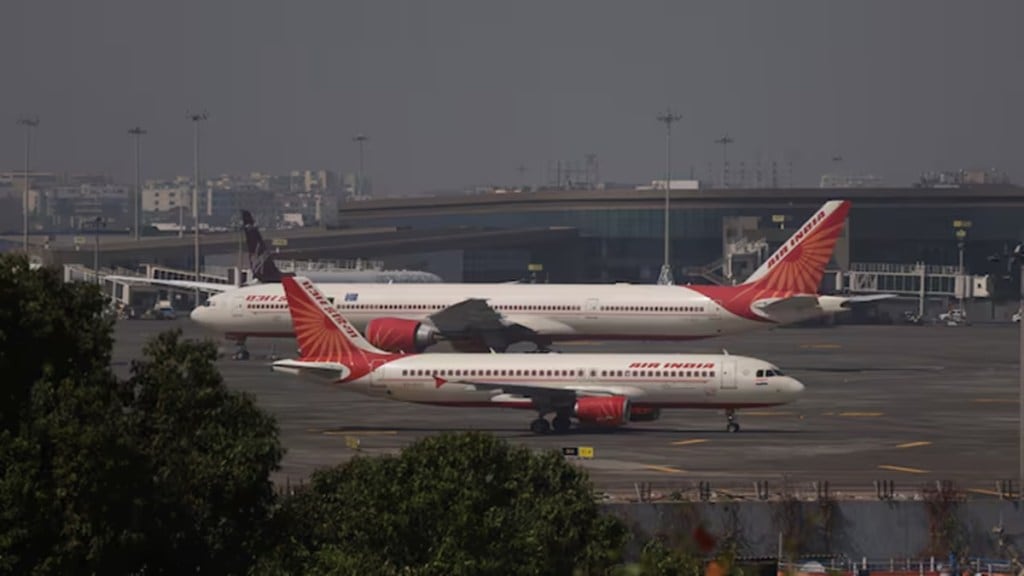Aimed at providing impetus to India’s aircraft financing and leasing sector, which is poised to offer financing opportunities worth USD 100 billion over the next decade, GIFT International Financial Services Centre’s (IFSC) plans to create an aircraft leasing ecosystem have run into rough weather on account of limited funding options.
The IFSC aircraft leasing framework has been modelled on the lines of Dublin, a major global player in the industry. Data from January 2025 shows that it has so far been able to register only 33 entities since its inception in 2021. This includes major players such as Reliance International Leasing IFSC Ltd, InterGlobe Aviation Financial Services (IndiGo) and Vman Aviation Services.
Notably, a lack of suitable funding avenues is curtailing the growth of companies operating within the IFSC. Citing the drawbacks of the existing provisions, Vishok Mansingh, Founder & CEO of Vman Aviation Services, told FE, “Undoubtedly, sops such as zero TDS for the payment of services or leases to a GIFT-based company, no capital gains tax and lower lease management costs are major incentives at IFSC. However, one of the biggest challenges plaguing companies is the limited access to funding, given that banks are hesitant to fund asset purchases.” Vman, the first company to join IFSC’s aircraft leasing ecosystem, has leased 13 aircraft and a helicopter to date – all of which are self-funded.
Additionally, Mansingh maintained that the inability of IFSC-registered aircraft leasing companies to list themselves on exchanges other than the GIFT City India International Exchange or the NSE International Exchange is a major deterrent, further adding, “Access to funding is the need of the hour, be it through diverse financial structuring options such as Orphan Special Purpose Vehicle (SPV), asset-based securitisation or permission to trade on other stock exchanges.”
According to Atul Jain, Director of IFSC-based Modair, “Self-funding is by and large a common practice for several IFSC-based entities. To date, we have bought and leased 6 aircraft to several Flying Training Organizations (FTOs), aiming to increase our strength to 100 aircraft within the next 3 years.” However, while lauding IFSC’s single-window system as “very convenient in promoting the ease of doing business,” Jain was critical of the lack of asset-based funding avenues which, “Remain a major issue as we have to approach private players for funding.”
Interestingly though, not all aircraft leasing companies have faced similar problems. For instance, Agneet Sky Aviation, a subsidiary of the Dubai-based aviation consultant, Sky One FZE, has leased 2 helicopters to Indian entities through a lease-in, lease-out system and is fully operational. Another company, Alvest Millenium Aviation Leasing, a self-funded company in the business of aviation ground support equipment, has leased 85 auxiliary power units to Indian companies. Its COO, Mihir Zatakia stated to FE, “Although our company’s incorporation process at IFSC began in 2021, there were several delays as the framework initially did not have provisions for aircraft parts. After several discussions with IFSC and GIFT officials, we were able to incorporate and begin our operations.”
Requesting anonymity, a company that has been registered at IFSC since 2023 disclosed that it is still inoperational. The challenge once again is a lack of funding options.
Although financial institutions such as Axis Bank and Bank of India have financed aircraft leasing entities, these have been big-ticket investments for AI Fleet Services and Reliance International Leasing IFSC Ltd.
Speaking to FE, Axis Bank President and Head – Wholesale Banking Products, Vivek Gupta, stated. “We have got queries from several multinational banks after the deal with AI Fleet Services. Given India’s large domestic market and appetite expressed by airlines such as Air India and IndiGo for new aircraft, we need more expertise to stitch the ecosystem together,” he stated.
Gupta said it would take time for Indian banks to look at this business as financially viable and encouraged institutions to make financial decisions based on underlying collateral while focusing on client selection to ensure long-term growth for both parties. He also endorsed the need for diverse financing models, such as Orphan SPV and emphasised the importance of the Cape Town Convention in boosting industry trust.
Presently, the legal backing of the Cape Town Convention is being discussed by the Indian government. Upon ratification, it would significantly boost the aircraft leasing ecosystem by reducing various costs, improving competitiveness and attracting new investments.

